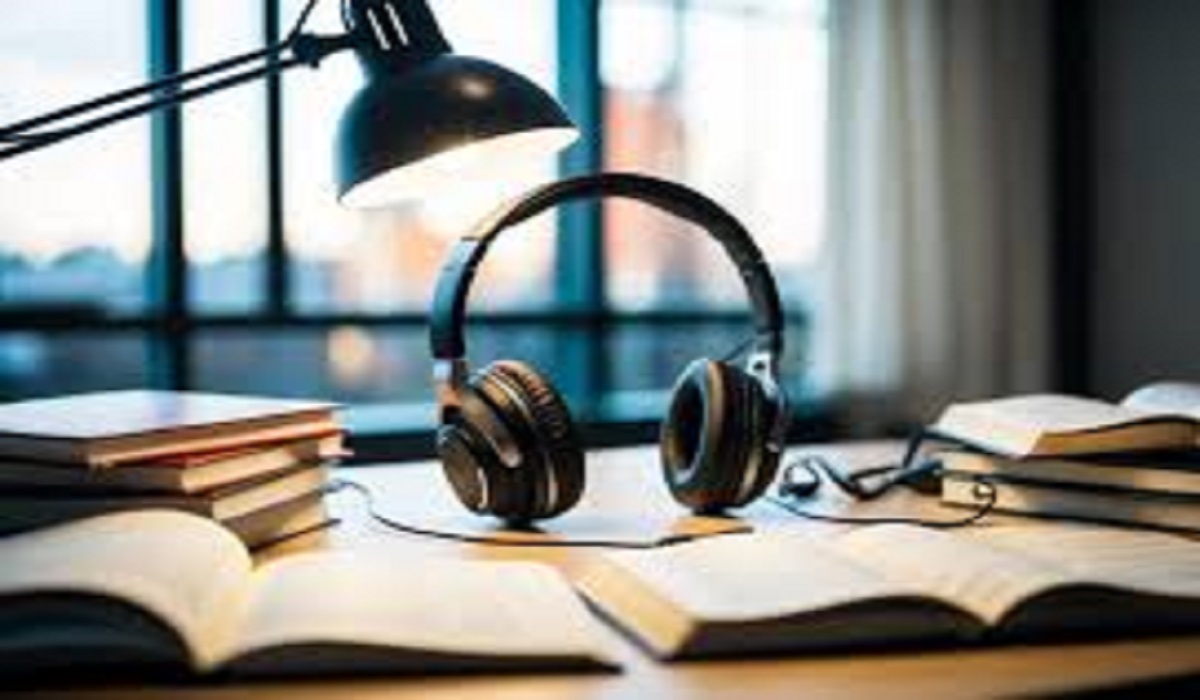Music Actually Improve Your Study Sessions
Music Actually Improve Your Study Sessions: In today’s fast-paced academic environment, students are constantly searching for ways to enhance focus, retention, and productivity. One popular method is listening to music while studying—but does it really help, or is it just a distraction?
This article explores the science behind music and studying, the best genres for concentration, potential drawbacks, and expert-backed tips to optimize your study sessions with music.
The Science Behind Music and Studying
How Music Affects the Brain?
Music stimulates multiple brain regions, including those responsible for memory, attention, and emotion. Studies suggest that certain types of music can:
- Increase dopamine levels, improving mood and motivation.
- Reduce stress and anxiety, creating a better study environment.
- Enhance repetitive task performance but may interfere with complex problem-solving.
The Mozart Effect: Myth or Reality?
The “Mozart Effect” claims that listening to classical music temporarily boosts IQ. While some studies support short-term improvements in spatial reasoning, long-term cognitive enhancement remains debated.
Music vs. Silence: What Research Says
- For repetitive tasks (e.g., memorization): Music can improve efficiency.
- For deep reading/problem-solving: Silence or instrumental music works best.
Best Types of Music for Studying
Classical Music
Works by Mozart, Beethoven, and Bach are linked to improved concentration due to their structured, calming compositions.
Lo-Fi Beats
The steady, repetitive rhythms of lo-fi music help maintain focus without distraction.
Ambient & Nature Sounds
Rain, ocean waves, or white noise can mask background distractions.
Binaural Beats
These auditory illusions claim to enhance focus by synchronizing brainwaves, though scientific consensus is still evolving.
When Music Can Hurt Your Focus
- Lyrics: Songs with words can interfere with reading comprehension.
- High-tempo music: May increase heart rate and reduce deep focus.
- Personal preference matters: Some people work better in silence.
How to Use Music Effectively for Studying?
- Volume: Keep it low to avoid overpowering thoughts.
- Playlists: Use pre-made study playlists (Spotify, YouTube).
- Timing: Play music during breaks to reset focus.
Alternatives to Music for Better Focus
- White noise machines block distractions.
- Pomodoro Technique: Study in 25-minute bursts with sound breaks.
- Silent study: Works best for deep analytical tasks.
Expert Opinions & Student Experiences
- Dr. John Smith (Neuroscientist): “Instrumental music aids memory but varies by individual.”
- Student Survey: 60% say music helps, 30% prefer silence, 10% find it distracting.
FAQs About Music and Studying
1. Does music improve memory retention?
Yes, but only if it’s non-lyrical and not too loud.
2. What’s the best music for studying?
Classical, lo-fi, or ambient sounds work best.
3. Can music make studying worse?
Yes, if it’s too loud, lyrical, or distracting.
4. Is it better to study in silence?
For complex subjects, silence may be more effective.
5. Do binaural beats really work?
Some studies suggest benefits, but more research is needed.
Conclusion
Music can enhance study sessions—if used correctly. Experiment with different genres, volumes, and study conditions to find what works best for you.
